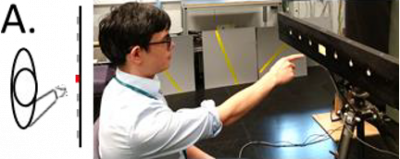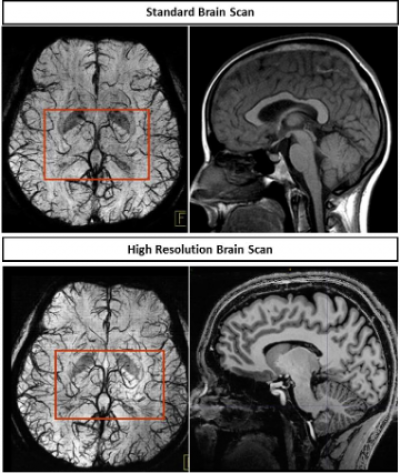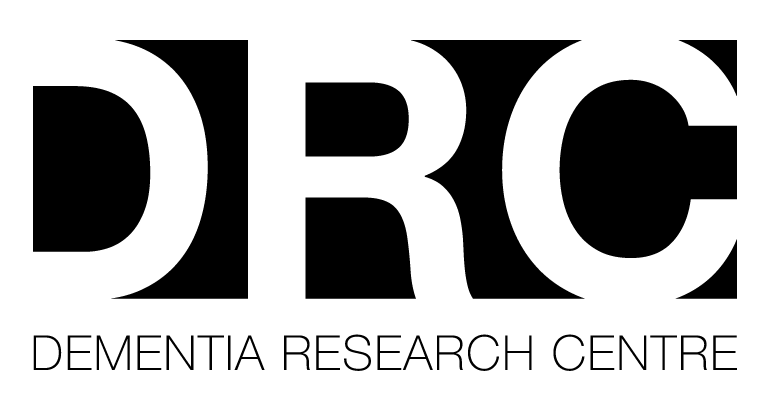Posterior cortical atrophy is a syndrome most commonly caused by Alzheimer's disease in which people experience difficulties perceiving the world around them.
These difficulties arise from degeneration of areas at the back of the brain which are responsible for interpreting visual and spatial information.
There are a number of studies which aim to understand the causes of posterior cortical atrophy and improve diagnosis and support for people living with posterior cortical atrophy. If you are interested in learning more or would like to take part, please contact Keir Yong at keir.yong@ucl.ac.uk.
Developing strategies to support reaching and coordination for individuals living with Alzheimer’s disease
While people with Alzheimer’s disease tend to experience memory problems as the earliest and most prominent symptom, additional changes in perception, reaching and spatial awareness may sometimes arise which carry significant implications for people’s needs and independence. Such changes in perception and spatial awareness may be particularly apparent for individuals living with posterior cortical atrophy (PCA), despite relatively preserved memory.
Dr Keir Yong is conducting a project funded by the Alzheimer's Society to develop strategies to support activities particularly reliant on reaching and coordinating movements (e.g. during dressing activities or when picking up and handling objects). Keir is inviting people with a diagnosis of PCA or memory-led Alzheimer’s disease to visit a whole-body movement laboratory where they are asked to reach to different objects while recording their movement. He will also interview people and ask to visit them at home.

Non-Invasive In-Vivo Histology in Alzheimer’s Disease Using Magnetic Resonance Imaging (MRI)
We are excited to collaborate with the Max Planck Institute for Human Cognitive and Brain Sciences in Leipzig, Germany on a new study involving high resolution magnetic resonance imaging.
Understanding dementia depends on reliable knowledge of brain microstructure. So far this can only be determined using invasive methods or post-mortem investigations. However, recent developments of novel imaging methods have allowed researchers to obtain images of the human brain at a resolution never before possible. These new methods provide an opportunity to see dementia-related changes at an early stage in the disease and thus aid diagnosis.

Image comparing different views of a standard brain scan and a high resolution brain scan
The impact of multicomponent support groups for those living with rare dementias
We are delighted to have received funding from the ESRC and NIHR to carry out the first major study of the value of support groups for people living with or caring for someone with a rare form of dementia. We will be looking at the benefits of meeting other people living with a similar condition, and sharing practical and emotional support. During this five year study (2019-2023), we will work closely with over 1000 members of the Rare Dementia Support network (www.raredementiasupport.org) and colleagues from Bangor, Nipissing and Canterbury Christ Church universities by:
- Conducting telephone-based interviews with support group members across the UK and Canada.
- Understanding how different types of support group help different people with different dementias at different times in their journey with dementia.
- Developing new ways for capturing whether support groups are effective.
- Following new members of our support group network over 2-4 years to see what works, what doesn't, what types of information and support are helpful, and when that help is needed.
- Testing out a new online video-based support forum designed with, by and for people caring for someone with a rare dementia.
- Determining how cost-effective different types of support group are compared with other kinds of service.
- Training up healthcare professionals and researchers to recognise the needs of people with rare dementias, and to learn what benefits this training may have for their work with people with more common dementias.

 Close
Close


